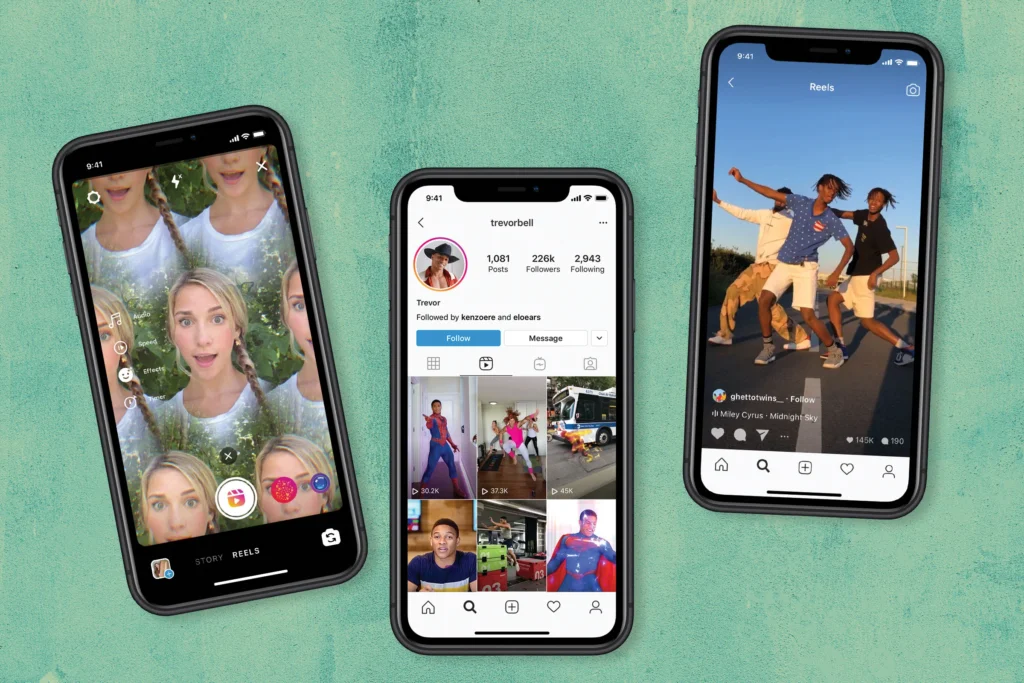Reading: whether we like it or not, it is something we all do in our practical lives. From glancing at letters on a screen to gazing at an advertisement, it is clear that reading is as vital to our everyday lives as it was thousands of years ago. Books, on the other hand, are a medium that while still exist to an extent, are slightly losing their momentum as a popular kind of entertainment, not only among the younger generations.
Gallup revealed that Americans read an average of 12.6 books throughout a year’s duration, a smaller figure compared to the survey’s inception in 1990. Additionally, Pew Research Center states that only 42% of children read as a pastime, the lowest number since 53% in 2012 and 1984.
Why could this be? Perhaps there are certain shifts in our customs that allow this, and most likely these could be the answer to how interests in books can be revived.
Technology & Time
One of the biggest factors, of course, is the proliferation of the Internet into everyday tradition as technological advancements were made. Still, considering that books were a popular medium of leisure in the past even as different technologies were created, what has occurred? Firstly, other forms of entertainment such as using electronics have become strong social identifications for all, especially certain generations. People feel connected by looking at content from the same creator as others are, or partaking in cultural norms and trends. Because so much of life is centered around this social media paradigm, it is hard to find as much pleasure in other activities, especially since places to read are limited. Also, more can be done on a phone, from browsing the Internet, listening to music, messaging friends, etc.

Along with this, sitting with a book requires commitment and patience, and the fact is, the attention span of humanity has been rapidly decreasing. With search engines like Google offering any form of information as wanted, not as much patience is needed, one reason why online studying is increasingly ubiquitous. During the pandemic as well, many students struggled to learn virtually as they could be easily distracted. For these reasons, converting younger people’s curiosities to reading requires an alteration in our own behavior.
Last but not least, a lot of forms of enjoyment, such as television shows, release episodes that can be watched on electronics or many promote via electronics, but this kind of advertising is not the same for books. For instance, a child can watch an episode of “Bluey” on their phone or an adult can watch “Bojack Horseman” on their television, but there isn’t as much of a convenience with reading, and more commercialism is focused on technology. As literacy rates are unequal throughout the world, there will also be discrepancy in who has access to literature, and in turn, who has a desire to read.

Solutions
Literacy rates, however, can alway increase with more funding, and there are smaller solutions that allow for reading to flourish in the 21st century. For one, reading should be treated as a way for people of all ages to develop their imagination and find relatable topics to look over. There are countless who have identified with a certain character in a fictional book, for example, or they have become enveloped in a certain franchise which piques their interests. Not to mention, if one has a subject they would like to learn more about, they have the benefit of doing so without straining their eyes.

Speaking of benefits, it is vital to introduce the negative aspects of technology and how reading can offer a break from these features, like how technology can affect sleep but reading can induce it. There are numerous advantages of reading that are applicable to all, from aiding in concentration, organization, and exercising the brain. If these motivating factors are shown to improve anyone’s lives, people will feel included and therefore more interested.
Reading into Reading
Conclusively, education regarding reading should be revamped. If less time is spent on overanalyzing stories and more emphasis is created on what lessons can be learnt from reading, or how reading can inspire themselves or others, it will create great results. Camaraderie is another thing that should be highlighted, as people can make friends with others who share the same reading interests. When there is a social movement that allows for books to reveal more about the audience’s identities and others, they will feel more excited. If novels, nonfiction books, and more are marketed more with technology or through advertisement, such as “Hogwarts Legacy” with Harry Potter, there can be substantial effects.

Reading is an aspect of our lives that takes place everyday, hidden in the small corners of what we do, to the point that reading seems strenuous to many. Despite this, with the right promotion, motivation, and advocacy, books of all subjects can have a revival in the modern age of technological omnipresence.
As Steven King once said, “books are uniquely portable magic.” This magic should not go wasted.

